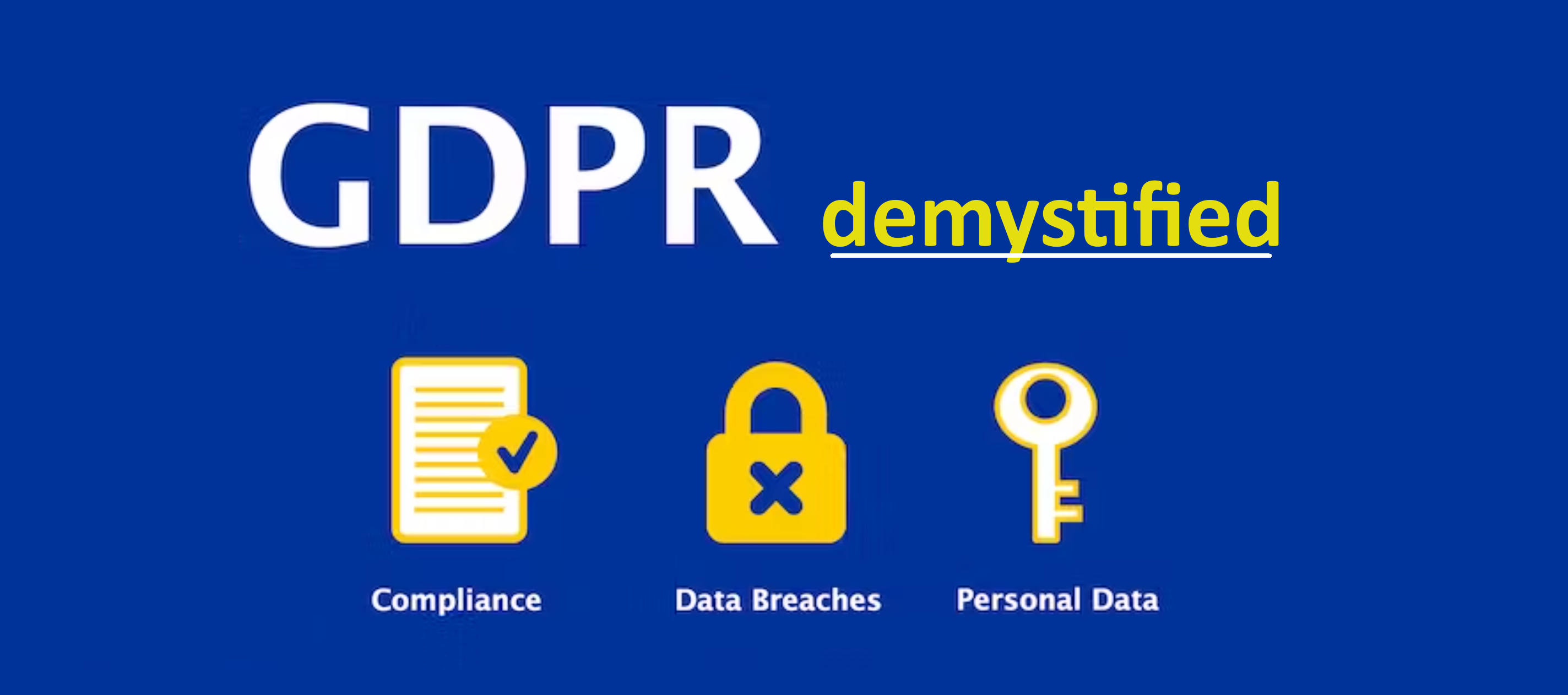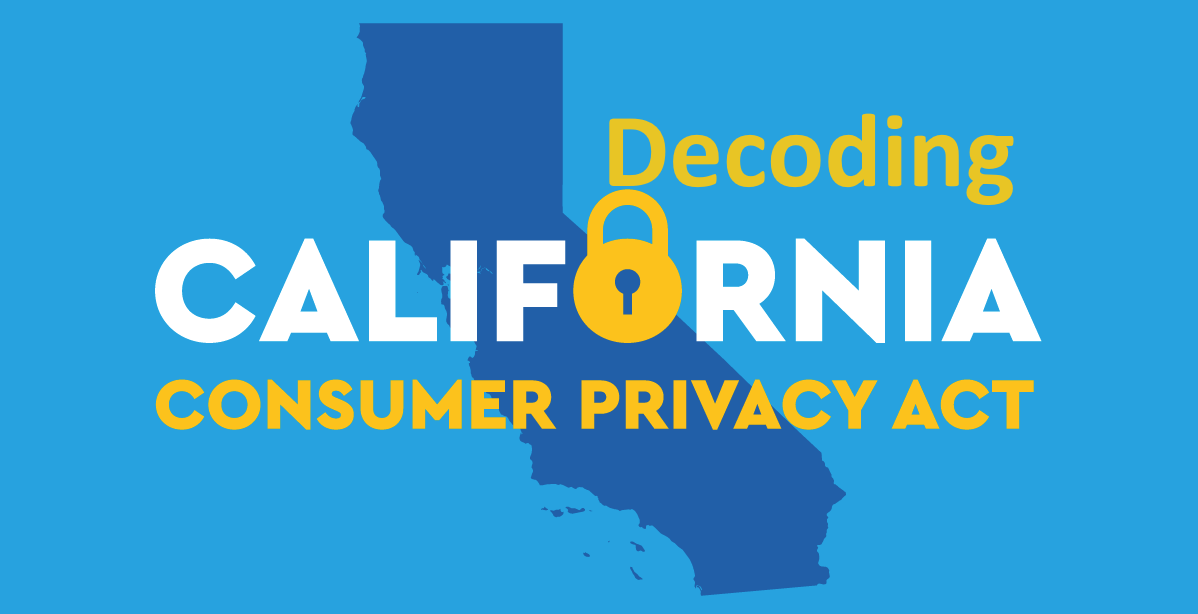Online Privacy – An Obstacle or an Opportunity to Monetization?
These past two posts, I have been covering Online Privacy by going a bit detailed on GDPR and CCPA. This post, “Online Privacy – An Obstacle or an Opportunity to Monetization?” is my way of winding down my Online Privacy related posts by touching how Online Privacy affects Monetization. As always, for an easy flow, I have listed the areas am covering below:
[ez-toc]
As the digital landscape continues to evolve, two concepts have become increasingly significant: online privacy and monetization. But how do they intertwine, and what are the implications for users and businesses alike? Let’s delve into the matter.
Contents
Defining Online Privacy and Monetization:
Online Privacy refers to the right of individuals to control or limit access to their personal information on the internet. It encompasses aspects such as data protection, the right to be forgotten, and the freedom from surveillance.
Monetization, on the other hand, is the process of converting existing traffic or user data into revenue. It’s predominantly achieved through advertising, subscription models, and other methods that leverage user data for financial gain.
The Significance of Online Privacy and Why We Should Care:
Online privacy is crucial for several reasons:
- Protection from Harm: Breaches of personal data can lead to identity theft, financial fraud, and other types of cybercrime.
- Preservation of Freedom: Without privacy, there’s potential for undue surveillance, which can suppress freedom of speech and thought.
- Trust in Digital Ecosystem: For digital platforms to thrive, users need to trust them with their data. Protecting this data is paramount to establishing and maintaining that trust.
The Significance of Monetization and Why We Should Care:
Monetization is a vital component of the digital economy:
- Sustaining Free Content: Many online services are available for free because of monetization. Without it, users might have to pay for content and services they currently enjoy at no cost.
- Economic Growth: Monetization strategies drive innovation, entrepreneurship, and growth in the digital sector.
- Personalized User Experience: When done ethically, monetization techniques can enhance user experience by delivering tailored content and ads.
How Online Privacy Regulations Affect Monetization: The Pros and Cons:
Pros:
- Improved Trust: Stricter regulations can increase user trust as they feel more secure about their data.
- Standardization: Regulations like GDPR and CCPA provide a framework, ensuring businesses maintain certain standards.
- Enhanced Data Quality: With users having control over their data, businesses might get more accurate and high-quality data from willing participants.
Cons:
- Limitations on Data Collection: Regulations can restrict the type and amount of data collected, potentially affecting targeted advertising.
- Increased Business Costs: Compliance requires resources, leading to increased costs for businesses.
- Complexity in Implementation: Different regions have varying regulations, making global operations challenging.
Planning for Monetization in the Era of Privacy:
Given the evolving landscape, businesses should consider the following when planning for monetization:
- Transparency is Key: Always inform users about the data you collect and how it’s used.
- Prioritize Opt-in Methods: Instead of default data collection, use opt-in methods to respect user choices.
- Diversify Monetization Strategies: Don’t rely solely on data-driven advertising. Consider subscriptions, partnerships, and other revenue streams.
- Stay Updated on Regulations: Ensure compliance with current privacy laws and stay updated on upcoming changes.

The intersection of online privacy and monetization is a dynamic and complex one. While the digital world offers vast opportunities for monetization, it’s imperative to respect and prioritize user privacy. By striking the right balance, businesses can thrive while fostering trust and delivering value to their users.




